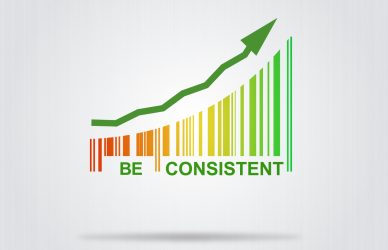Introduction
The accounting field is undergoing a significant transformation due to technological advancements like AI and blockchain, which enhance accuracy, efficiency, and security.
The Impact of Artificial Intelligence
Automation of Routine Tasks
AI in accounting automates repetitive tasks like data entry, transaction coding, and reconciliation, speeding up processes and reducing human errors, allowing accountants to focus on analysis and decision-making.
Predictive Analytics
AI systems are capable of analyzing vast amounts of data to identify trends and patterns that might not be obvious to human observers. In general ledger accounting, AI can predict future cash flows, expenditures, and revenue, helping businesses with better budgeting and financial planning.
Enhanced Fraud Detection
AI algorithms can continuously monitor transactions and ledger activities to detect anomalies that may indicate errors or fraud. By learning from historical data, these systems become increasingly adept at identifying suspicious activities, thereby enhancing the financial security of businesses.
The Role of Blockchain Technology
Immutable Transaction Records
Blockchain technology enhances record-keeping integrity by encrypting and linking each transaction, ensuring immutability and tamper-proofness, which is particularly beneficial for general ledgers, ensuring financial records’ accuracy and permanence.
Real-Time Accounting
Blockchain enables real-time accounting, allowing transactions to be recorded instantly in the ledger. This capability ensures that financial statements are always up-to-date, providing a real-time view of a company’s financial health, which is crucial for timely decision-making and reporting.
Decentralization and Transparency
With blockchain, the ledger is decentralized, meaning it isn’t stored in a single location but is distributed across a network of computers. This not only adds a layer of security but also promotes transparency, as all transactions are visible to all parties involved, thus reducing the chances of discrepancies and fraud.
Cloud-Based Solutions and Integration
Accessibility and Scalability
Cloud-based accounting software has revolutionized how businesses manage their general ledgers by offering scalable solutions that are accessible from anywhere in the world. This flexibility is invaluable for businesses with remote teams or those that require access to financial data off-site.
Seamless Integration
Modern accounting platforms are designed to seamlessly integrate with other business systems like CRM, ERP, and e-commerce, enabling the automatic transfer of data across systems. This integration reduces the need for manual data entry and ensures consistency across all business functions.
The Future of Accounting Software
Continuous Innovation
As technology evolves, we can expect continuous improvements and innovations in accounting software. Future advancements may include more sophisticated AI analytics, deeper blockchain integration, and even the use of virtual reality for data visualization and auditing.
Education and Adaptation
With these technological advancements, the role of the accountant is shifting from data entry and reconciliation to analysis and advisory. This shift necessitates ongoing education and adaptation by professionals to leverage these new tools effectively.
Conclusion
Advancements in accounting software, including AI, blockchain, and cloud technologies, are revolutionizing general ledger accounting, enhancing accuracy, efficiency, and security, and setting new standards in the industry.
#AccountingTechnology #FinancialTech #AIInAccounting #BlockchainAccounting #ModernAccounting




